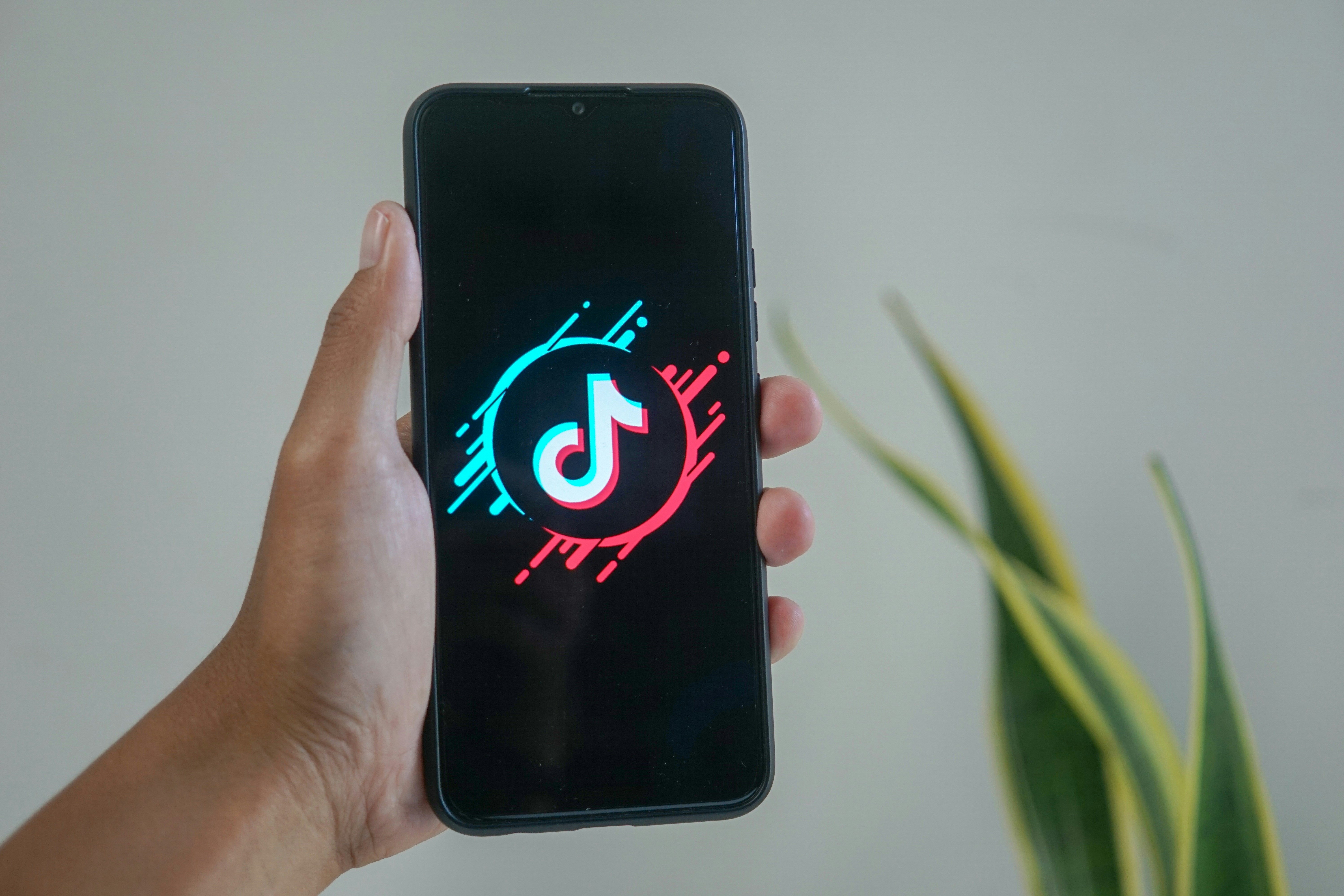TikTok is testing an AI-powered song generation feature

Mourizal Zativa/Unsplash.
Popular short video creation and viewing app TikTok has launched testing of a new feature called AI Song, which allows you to generate text-based musical compositions using artificial intelligence technology.
Here's What We Know
According to TikTok spokesperson Barney Hooper, it uses a pre-built catalogue of music in the pop, hip-hop and EDM genres to create tunes. The user enters the lyrics of the song, after which the system selects the appropriate music with auto-tuning vocals.
He noted that the name of the feature is not final. It may be renamed in the future.
- Hooper said"It is currently in testing at the moment"
AI Song is not yet available to all users. However, those who have accessed the function are not satisfied with the quality of the algorithms.
For example, in the video of user Jonah Manzano, the vocals are severely at odds with the rhythm in fragments. In his composition, the word "comedy" is pronounced as if it had more syllables than necessary.
In Kristi Leilani's song based on a Britney Spears composition, the vocals don't always hit the notes either.
@kristileilani What is TikTok AI Song? The new experimental feature, powered by the Bloom LLM, lets creators generate unique songs and lyrics for videos and photos. ???? #tiktoknews #newfeature #generativeai #aimusic # aimusic #aimusicvideo #tiktokai #tiktokaisong #bloom #llm #macinelearning #whatisit #testing ♬ I'm an i - Kristi Leilani
Earlier on TikTok, a song performed by Drake and The Weeknd that was entirely created by a neural network gained some popularity. This angered artists and labels, who accused the author of the song of copyright infringement.
To prevent such scandals, TikTok introduced features to help identify AI content. The platform has updated its rules to require users to openly declare the use of artificial intelligence in their videos.
Source: The Verge